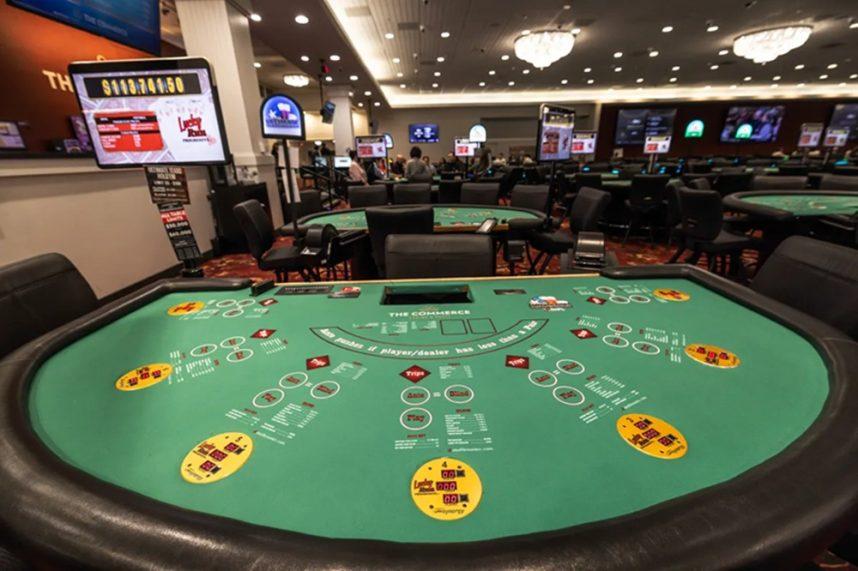California Tribes’ Challenge to Cardrooms Faces Legal Setback
Posted on: August 11, 2025, 02:18h.
Last updated on: August 11, 2025, 02:35h.
- Judge’s ruling could halt tribes’ lawsuit against California cardrooms
- Dispute centers on third-party banking in “California games”
- SB 549 faces challenge over federal IGRA preemption claim
California’s tribal casino operators have suffered a legal blow in their longstanding battle with the state’s cardrooms. Last Thursday, Sacramento County Superior Court Judge Lauri Damrell issued a tentative decision, which found that the federal Indian Gaming Regulatory Act (IGRA) preempts California’s recently enacted Tribal Nations Access to Justice Act (TNAJA).

That’s bad news for the tribes because it means they may not be able to proceed with a lawsuit that accuses the cardroom industry of offering illegal gambling in violation of the state constitution and the California Penal Code.
Window to Sue
The tribes have long complained that some of the games offered by cardrooms are illegal and violate tribal exclusivity on house-banked casino games, but they’ve lacked the legal recourse to challenge them. That’s because, generally speaking, state courts don’t have jurisdiction over tribes because tribes are sovereign nations.
Last year, California Governor Gavin Newsom signed the TNAJA. This opened a window for the tribes to sue for limited declaratory relief in the state court. While the new law didn’t allow them to claim monetary damages, it did allow them to seek a determination on the legality of the controversial games.
That window may be about to slam shut. Damrell’s tentative ruling emphasizes that the TNAJA appears to intrude on the federal framework laid out in the IGRA by creating remedies for tribes outside of the compact process. She noted that allowing such claims in state court could undermine the balance Congress established when it enacted the IGRA.
Tribal attorneys argued on Friday that the case is about off-reservation games and, therefore, has little to do with the IGRA. They say the TNAJA was designed specifically to give tribes standing to sue California cardrooms over alleged violations of state gaming laws.
Don’t Bank on It
The object of the tribes’ ire are so-called “California games.” These versions of popular casino table games like blackjack and pai gow poker aim to swerve the ban on house-banked games outside tribal casinos by taking a rake from each hand. They also allow players to play in a rotating dealer position, like in a poker game.
The tribes argue in their complaint that the rules of many of these games don’t require actual rotation of the bank — merely the offering of it. That means one player can bank the game uninterrupted when no other player accepts an offer to bank, “just as in Nevada and New Jersey-style banked games,” per the lawsuit.
Cardrooms often bring in state-licensed companies to “shill” the dealer’s role, since many patrons prefer not to take that position themselves. Tribal casinos contend these third-party proposition player services, or TPPPs, effectively function as the game’s bank, especially when cardrooms decline or neglect to rotate the banking role among players as state rules require.
While the tentative ruling is a setback to tribes, it’s not final. Judge Damrell indicated she may revise her opinion before the next hearing, set for October 10.
No comments yet